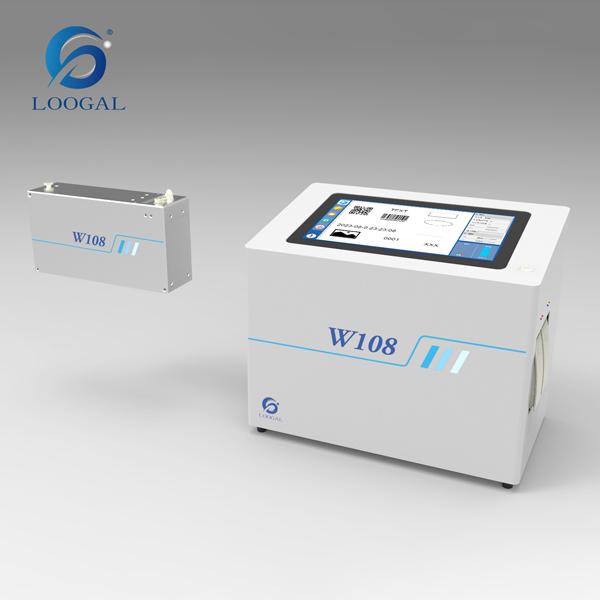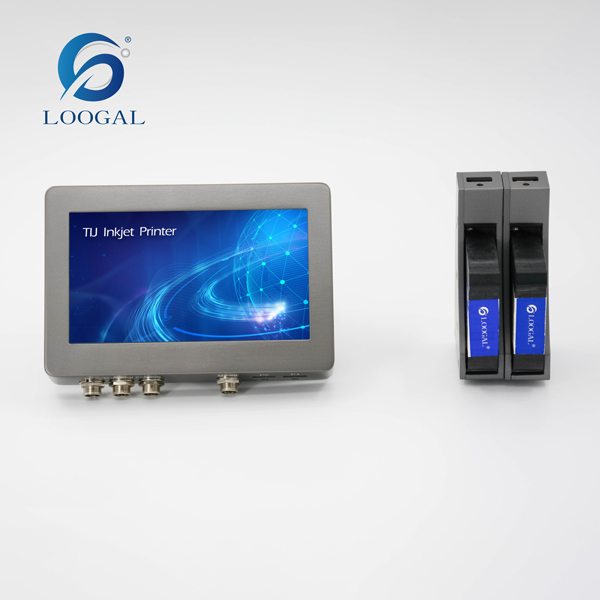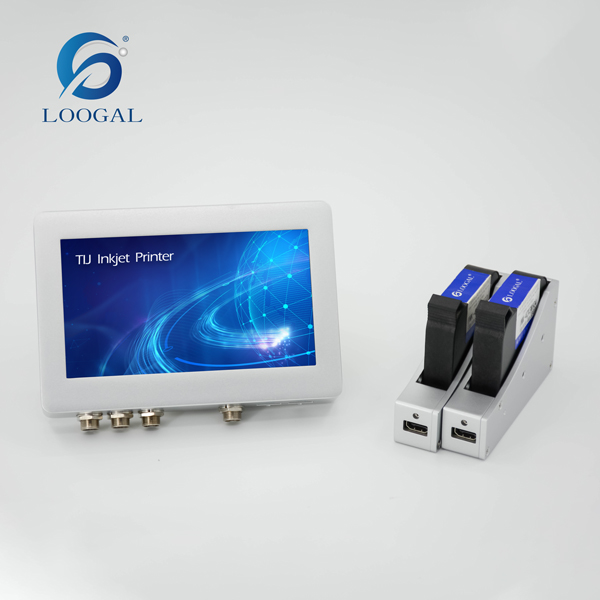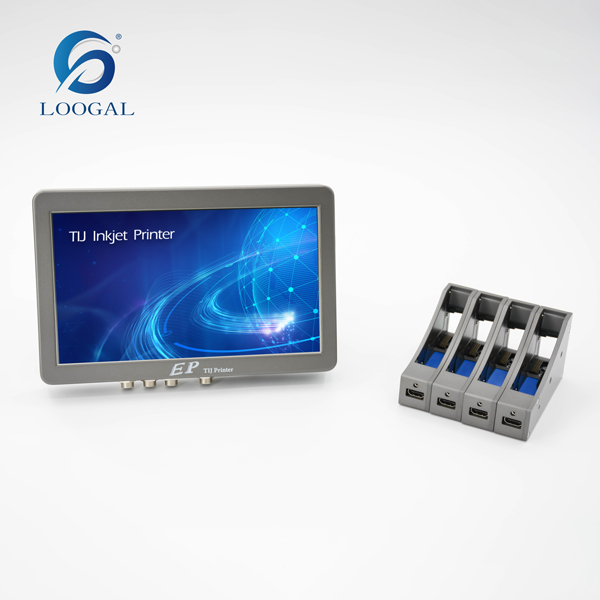The Future and Promise of Industrial Wide-Format Printing: Redefining Efficiency, Sustainability, and Innovation
In today's fast-paced industrial landscape, where manufacturing, logistics, and packaging sectors are under growing pressure to enhance operational efficiency, reduce environmental impact, and adapt to evolving regulations, industrial wide-format printing is emerging as a transformative solution. As global initiatives like Extended Producer Responsibility (EPR) drive demand for more sustainable practices—from material choices to waste reduction—wide-format printing technologies are evolving to meet these needs, offering unprecedented flexibility in how products, packages, and components are marked, tracked, and identified throughout their lifecycle.

Key Trends Shaping the Future of Industrial Wide-Format Printing
The rise of industrial wide-format printing is fueled by several critical trends, each addressing core challenges faced by modern industries.
Replacing Traditional Labels: A Paradigm Shift
Traditional adhesive labels, long a staple in industrial marking, come with inherent limitations: they generate material waste, require complex inventory management, and often fail to adhere reliably to irregular or large surfaces. Industrial wide-format printing eliminates these issues by enabling direct marking onto substrates. This shift not only streamlines production lines by removing label application steps but also reduces reliance on non-recyclable label materials, aligning with circular economy goals and EPR-driven waste reduction targets.
Driving Cost Savings Across Operations
Beyond reducing material costs associated with labels, wide-format printing delivers tangible savings in operational efficiency. It minimizes downtime caused by label misalignment, peeling, or jamming in automated systems, while eliminating the need to stockpile multiple label sizes and types—reducing inventory costs and waste from obsolete stock. For high-volume manufacturers, these efficiencies translate to significant long-term savings, freeing up resources for innovation and growth.
Advancing Environmental Sustainability
As eco-modulation and EPR regulations tighten, businesses are prioritizing solutions that lower their environmental footprint. Industrial wide-format printing supports this mission through innovations like water-based inks, low-VOC formulations, and compatibility with recycled or recyclable substrates. By enabling clear, durable marking on sustainable materials—it helps brands meet compliance requirements while reinforcing their commitment to sustainability, a key driver of consumer trust.
Expanding Applications: Beyond Traditional Boundaries
The future of wide-format printing lies in its expanding versatility. From large-scale pallet labeling and industrial part marking to customized packaging graphics, the technology is breaking free from traditional constraints. As industries like e-commerce, construction, and automotive demand more robust, adaptable marking solutions, wide-format printing is poised to become a cornerstone of smart manufacturing—integrating with Iot systems for real-time tracking and data-driven traceability.
What Loogal do for the Wide-Format Printing?
Loogal offers a suite of advanced wide-format solutions designed to address these trends, empowering businesses to stay ahead in a rapidly changing landscape.
At the forefront is the W108 inkjet printer, powered by HP TIJ 4.0 technology—a benchmark for precision and reliability. This system excels at direct-to-substrate marking, delivering crisp, high-contrast codes, text, and graphics on carton. Its compatibility with eco-friendly inks makes it ideal for brands prioritizing sustainability, while its efficient design minimizes waste, supporting cost-saving goals. Whether replacing labels on consumer packaging or marking components for traceability, the W108 ensures consistent performance even in high-speed production environments.
For applications requiring greater flexibility, the W110 piezoelectric series stands out with its impressive 3cm print distance—eliminating the need for close contact with the substrate. This feature is a game-changer for marking irregular surfaces, delicate materials, or large items where precise positioning is challenging. The W110’s piezoelectric technology ensures accurate ink deposition, even on textured or curved substrates, making it perfect for industries like logistics (pallet labeling) and automotive (part marking). Its adaptability reduces the need for specialized equipment, streamlining operations and cutting costs.
Complementing this lineup is the W72 piezoelectric series, engineered for high-volume, wide-format applications. Built to handle large surface areas with speed and precision, the W72 is ideal for printing on bulk packaging, industrial containers, and construction materials. Its robust design ensures durability in harsh manufacturing environments, while its advanced ink system supports both eco-friendly and high-adhesion formulations—catering to diverse sustainability and performance needs. Whether marking recycled materials or high-impact plastics, the W72 delivers legible, long-lasting results, supporting compliance with EPR reporting and traceability requirements.




